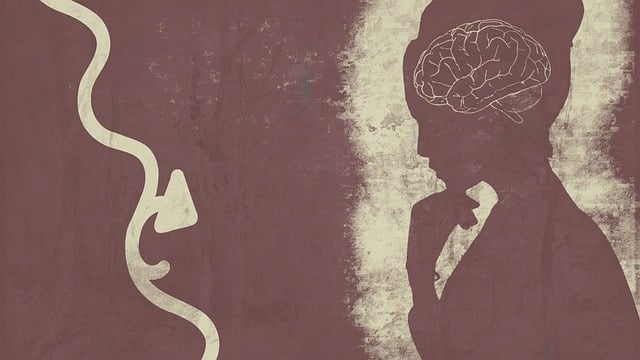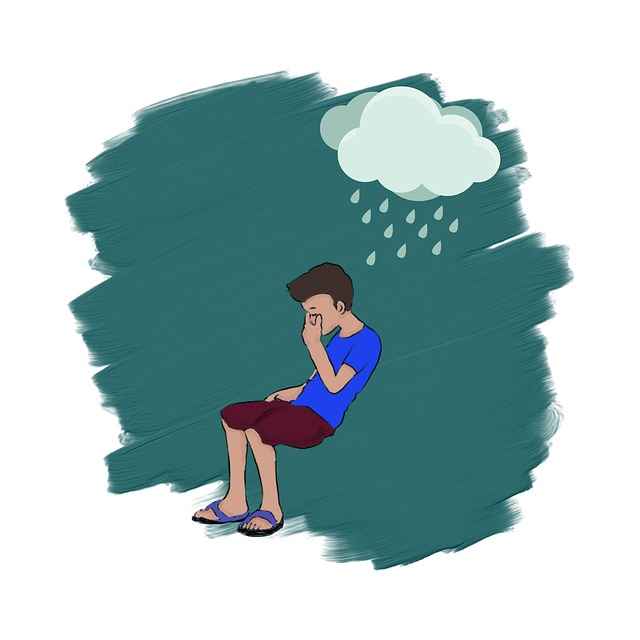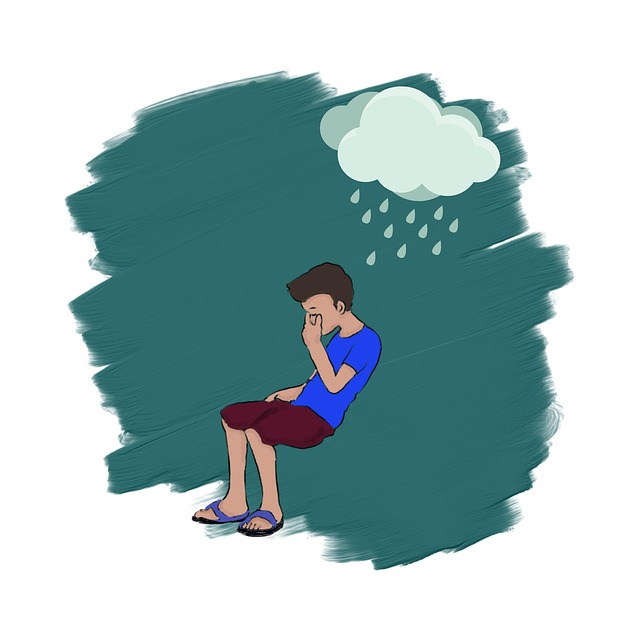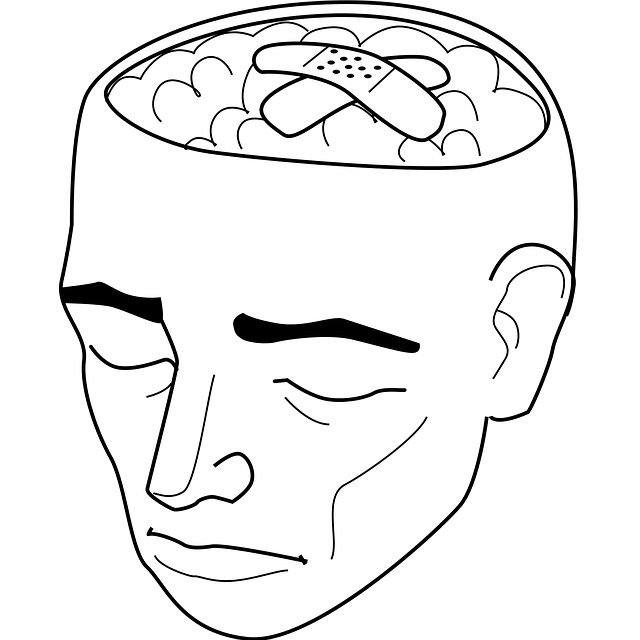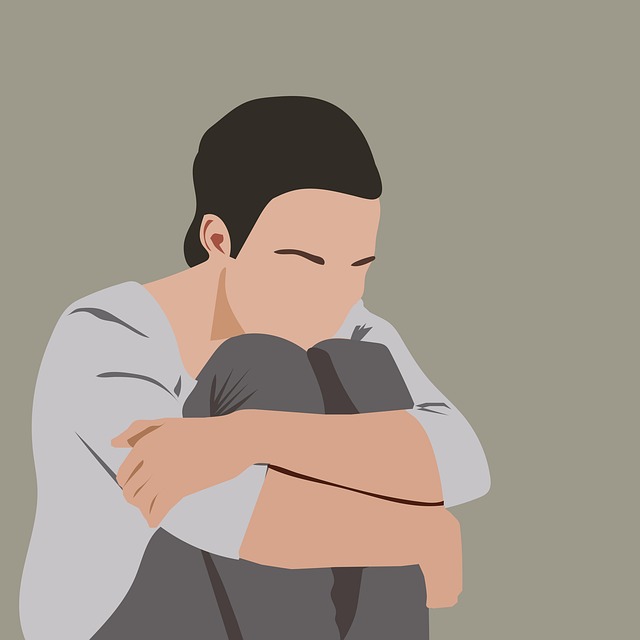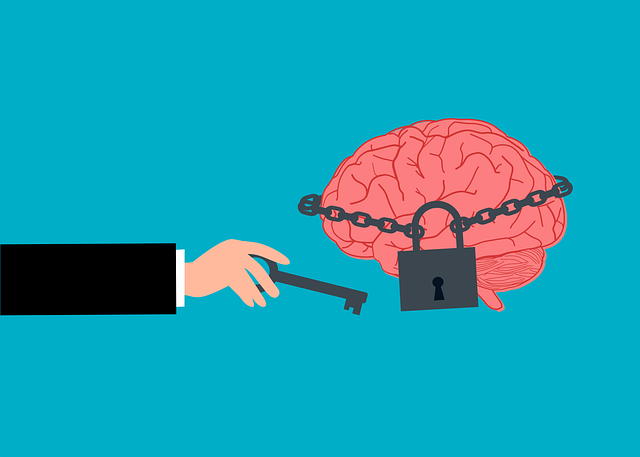Westminster Sexual Abuse Survivor Therapy (WSAT) prioritizes self-care as a vital tool for survivors' healing, empowering them to take charge of their mental wellness. Through tailored practices like mindfulness meditation, WSAT helps develop coping mechanisms, enhance awareness, and cultivate inner strength. By identifying personal needs through introspection and exploring activities like journaling or podcasts, survivors create personalized roadmaps. This holistic approach fosters resilience, prevents burnout, and supports well-being, especially in high-stress professions. WSAT provides specialized support to overcome emotional barriers, track self-care progress, and refine routines for tailored mental health strategies, including depression prevention.
Self-care is not a luxury but an essential practice for healing, especially for survivors of sexual abuse. This article explores the transformative power of self-care through the lens of Westminster Sexual Abuse Survivor Therapy. We delve into understanding its foundation, identifying personal needs, creating sustainable routines, overcoming barriers, and measuring progress. By implementing these strategies, individuals can embark on a journey of self-nurturing, enhancing their resilience and overall well-being.
- Understanding Self-Care: The Foundation of Healing for Westminster Sexual Abuse Survivor Therapy
- Identifying Personal Needs: A Crucial Step in Self-Care Journey
- Creating Sustainable Routines: Strategies for Long-Term Self-Nurturing
- Overcoming Barriers: Addressing Challenges to Self-Care Practices
- Measuring Progress and Refining: Continuous Improvement in Self-Healing
Understanding Self-Care: The Foundation of Healing for Westminster Sexual Abuse Survivor Therapy

Self-care is an essential aspect of healing for survivors of sexual abuse, especially those seeking support through Westminster Sexual Abuse Survivor Therapy (WSAT). Understanding self-care goes beyond mere relaxation; it’s a foundational practice that empowers individuals to take control of their mental wellness and emotional well-being. WSAT recognizes that the journey towards recovery involves nurturing both the mind and spirit.
By integrating practices like mindfulness meditation, survivors can develop healthy coping mechanisms, enhance their mental health awareness, and cultivate a sense of inner strength. These self-care strategies are tailored to address the unique needs of each individual, ensuring they feel heard, validated, and supported throughout their healing process. WSAT’s comprehensive approach acknowledges that true recovery is not just about overcoming trauma but also about fostering resilience and embracing holistic mental wellness.
Identifying Personal Needs: A Crucial Step in Self-Care Journey

Identifying your personal needs is a fundamental step in embarking on your self-care journey, especially for those who have experienced trauma, such as sexual abuse survivors. This initial phase involves introspective reflection and awareness of your unique circumstances. Many individuals, particularly survivors navigating their healing process through Westminster Sexual Abuse Survivor Therapy, often struggle with understanding their own requirements due to the complexity of their experiences.
By dedicating time to explore and acknowledge these needs, one can create a personalized roadmap for self-care. It could involve engaging in activities that foster mental wellness, such as journaling exercises guided by the Mental Wellness Journaling Exercise or participating in a podcast series production focused on mental health, which offers valuable Crisis Intervention Guidance. These practices enable individuals to reconnect with themselves and prioritize their well-being, ensuring they receive the support they need throughout their healing journey.
Creating Sustainable Routines: Strategies for Long-Term Self-Nurturing

Creating sustainable self-care routines is a powerful tool for healing and well-being, especially for those who have experienced trauma or are in high-stress professions like healthcare. At Westminster Sexual Abuse Survivor Therapy, we understand that building healthy habits requires intentional strategies tailored to individual needs. One effective approach involves incorporating mindfulness practices into daily life. This could be as simple as dedicating 10 minutes each morning for meditation or journaling, allowing for momentary reflection and stress reduction.
Additionally, setting realistic goals and prioritizing self-nurturing activities is key. For healthcare providers, this might mean scheduling dedicated time for exercise, hobbies, or social connections outside of work. Engaging in regular self-care practices not only enhances resilience but also prevents burnout, a prevalent issue among medical professionals. By combining Mind Over Matter principles with Burnout Prevention Strategies for Healthcare Provider training, individuals can cultivate sustainable routines that support their mental health and overall well-being.
Overcoming Barriers: Addressing Challenges to Self-Care Practices

Overcoming barriers to self-care practices is a significant step for anyone looking to enhance their overall well-being. For survivors of sexual abuse, this journey can be particularly challenging, as they often face complex emotional and psychological hurdles. Westminster Sexual Abuse Survivor Therapy offers specialized support to help individuals navigate these difficulties. Many survivors may struggle with feelings of shame, guilt, or fear that prevent them from engaging in self-nurturing activities. These barriers can stem from the trauma itself, making it hard to prioritize personal care without feeling like they are betraying their past experiences.
However, through effective therapy and a range of confidence-boosting exercises, survivors can learn to overcome these challenges. Self-awareness exercises play a pivotal role in this process, helping individuals recognize and challenge negative thought patterns and beliefs. By fostering emotional healing processes, survivors can create a safe space for self-care, allowing them to tend to their mental and physical health without guilt or apprehension. This transformative journey enables survivors to reclaim their lives and embrace practices that nurture both their resilience and overall well-being.
Measuring Progress and Refining: Continuous Improvement in Self-Healing

Tracking your journey towards better self-care is an essential part of the process. Measuring progress allows you to recognize achievements and identify areas that still need attention. This can be done through various methods, such as keeping a journal to record thoughts, emotions, and behaviors, or using apps designed for mental health monitoring. By regularly assessing your Self-Care Practices, especially after incorporating Westminster Sexual Abuse Survivor Therapy techniques, you gain valuable insights into what works best for your unique needs.
Refining your self-care routine is an ongoing practice. As you progress, be open to adjusting and improving upon previous strategies. For instance, if a particular activity initially helped boost your Self-Esteem Improvement but now seems less effective, consider alternative approaches or combine different techniques to create a more dynamic self-healing process. The key is to embrace continuous learning and adaptation, ensuring that your Self-Care Practices remain tailored to support your overall well-being, including Depression Prevention efforts.
Self-care is not a luxury but a necessity for healing, especially for survivors of sexual abuse. As demonstrated by Westminster Sexual Abuse Survivor Therapy, understanding and prioritizing personal well-being can be transformative. By identifying individual needs, creating sustainable routines, and overcoming barriers, individuals on this journey can achieve long-term emotional health. Continuous progress and refinement are key, ensuring that self-care practices adapt to evolving life circumstances. Embracing these strategies empowers survivors to take control of their healing process and cultivate a resilient, nurturing relationship with themselves.
